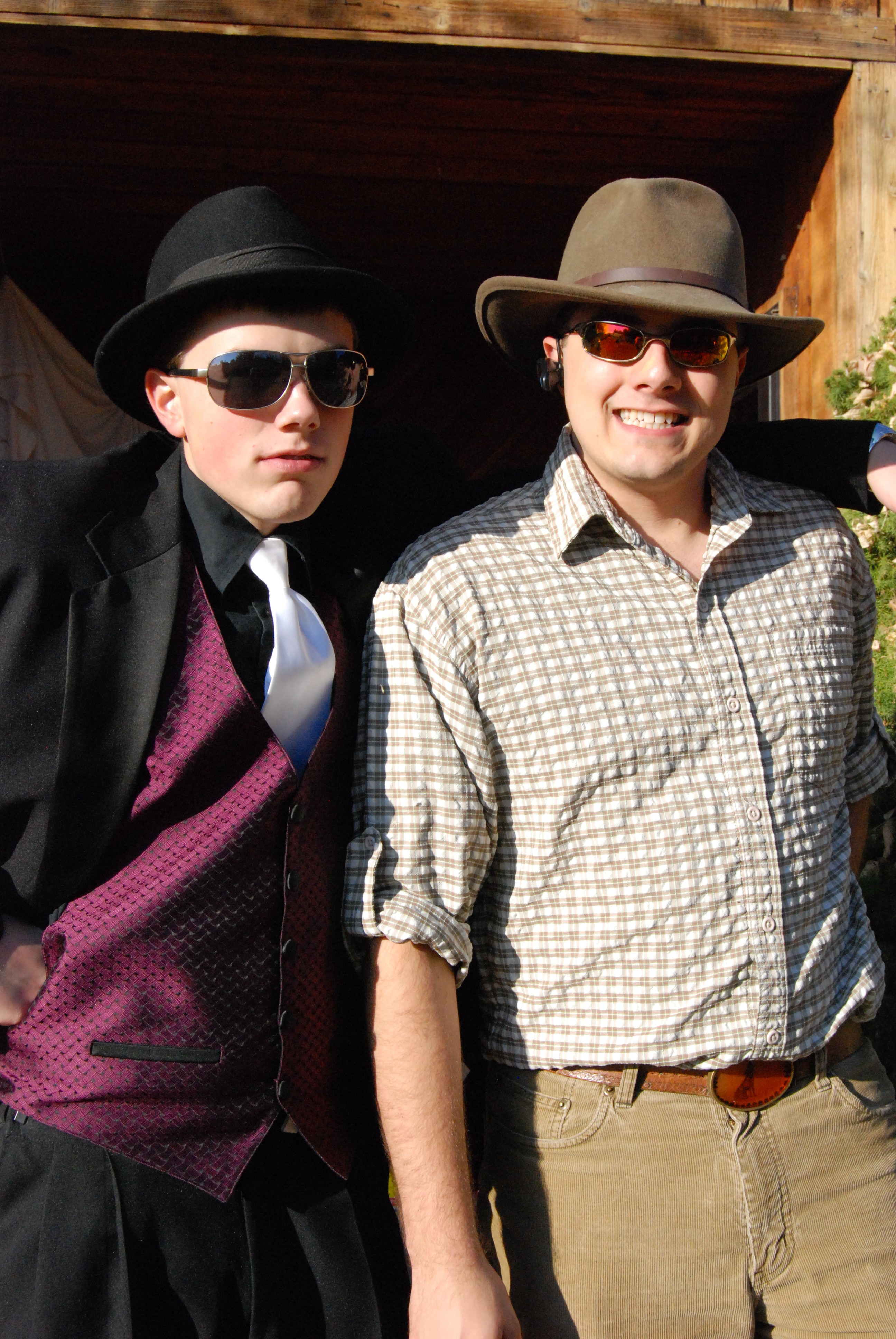In 1982 (or was it ’83?), the river swelled between its banks, force fed by gorged mountain streams after a wet winter and a too-warm-too-fast spring. We lived in quiet terror, waking in the middle of the night when the flow was to hit its peak for the day, staring blindly out into the black back yard, hearing the river roaring past, unable to ascertain how close to the lip of the dike it had come.
In those days, the neighborhood rallied together. All night long, men in shifts prowled the sodden banks of the dike, flashlight beams dancing along the surface of the rushing water, looking for weaknesses – ready to warn their neighbors. And gangs of men, supported by children and dogs and women with cameras, filled sandbags and lugged them over to build water-walls. The fact that those walls were on the street side of our house rather than the river side was always a puzzle to me – and I pointed it out. I’m not sure there was method to the madness – more likely just the need to do something, somehow, productive or not.
And a decade later, in another wild spring, we got some three feet of snow in one storm. It happened over a Saturday night. Church was called off in favor of real religion: to dig out the orphans and the widows and everybody else. We had snow blowers and snow shovels and tractors and snow-bladed ATVs – and snowball fights and a lot of laughter. Everybody was out in the street – calling and shoveling and (ahem) taking pictures.
At both of these times, the significant thing to me, and as I look back, the most poignant thing was the feeling of community. Most of us like each other. But we were willing then to like everybody – all working shoulder to shoulder – people providing refreshment and encouragement and strength. Pulling together. It was exhilarating. It felt like love and trust and family. And when the danger passed, and so did the need for us all to work together in that way, we felt the tide of love and connection ebb, each back to his own life and business, her own schedule and worry.
I don’t like dredging up the memories of 9/11. I can understand it. For one thing, it reminds us that complacency is a tragedy just aching to happen. And there’s that “Remember the Alamo” sort of thing, a rallying cry. And we never want to forget the noble and selfless service of our firemen and police, or the horror the victims of that cowardly, evil attack must have gone through.
Still. I hate remembering it. But I realized something this morning. I also remember the swelling in my chest when I drove down to the pasture over the next while and every yard had an American flag flying in it. And the pictures passed from computer to computer of demonstrations of sympathy and grief for American dead as they unfolded in France and Britain and so many other countries. There was an overwhelming feeling of solidarity – not just American chauvinism, but human awakening – because of that awful thing. People turned to God in their fear and grief and confusion. People flew little flags from the antennas of their cars. Wore them as pins on their coats. We, who pride ourselves on our diversity while we undermine ourselves by underlining each difference with a fat tipped Sharpie – for a few weeks, we were a people. A huge community with a common work.
And I think – I wonder – if this isn’t at the bottom of this need to remember. Because it wasn’t long before the camaraderie ebbed, each off to his own life and business, her own schedule and worry. The French remembered that they didn’t like us. And we Americans once again allowed ourselves the luxurious satisfaction that comes with being irked with the person in line ahead of us.
Maybe we can’t live at that pitch, that level of connectedness for very long. Maybe it’s not possible for us to maintain it. Maybe we don’t have that much character commonly available in our souls. But I doubt that. And I’m sorry that entropy proves as true in communities as it does in the inevitable wearing out of the earth. Because I loved it, that feeling. Funny, how an emergency can end up feeling like a festival, a celebration, just because suddenly, there is love all around.
And that’s all. No conclusion. Just a wish. An apology to God. A hope that somehow, someday we can learn to do it without the tragedy.



25 Responses to The Odd Charm of Cataclysm